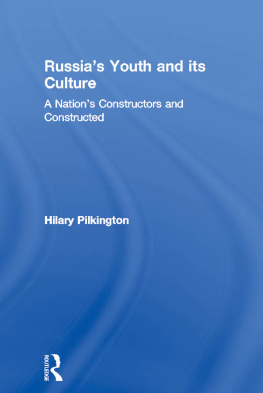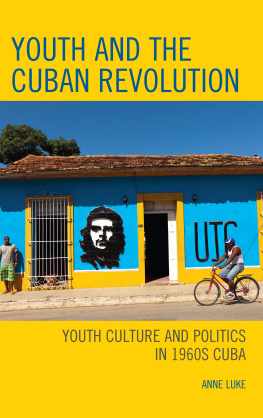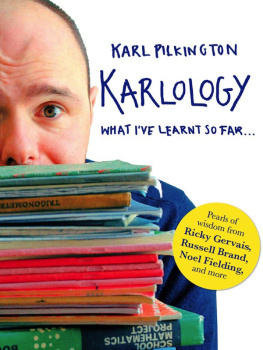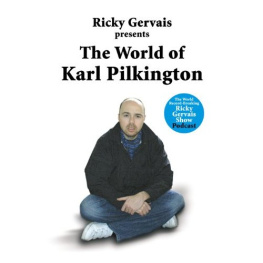Russias Youth and its Culture
The political whirlwind that struck Russia in the mid-1980s has fascinated the Western media, but how much do we really know about the dramatic changes that have gripped Russian society and culture?
In this book, Hilary Pilkington applies the methods of cultural studies research to the study of Russian youth. She does this by deconstructing the social discourses within which youth has been constructed and by providing an alternative reading of youth cultural activity, based on an ethnographic study of Moscow youth culture at the end of the 1980s. The book also aims to chart the passage of Western youth cultural studies in the twentieth century and suggests some new ways forward in the light of the study of the Russian experience. To this end, the author traces the changing approaches to the study of youth culture in the Anglo-American tradition and within the Soviet Union, before examining the impact of glasnost on the discussion of youth. Against this background the latter half of the book comprises a study of Moscows youth cultural groups based on field work and interviews in the city.
The author provides the first ethnographic study of Russian youth culture by a Western academic and places it in the wider field of youth cultural experience. This book will be of great value to students of Russian studies, sociology and cultural studies.
Hilary Pilkington is a lecturer in Russian Politics and Society at the Centre for Russian and East European Studies, University of Birmingham.
Related titles
Moscow Graffiti Language and subculture
John Bushnell
Russian Politics and Society
Richard Sakwa
Soviet Society under Perestroika
David Lane
Russias Youth and its Culture
A nations constructors and constructed
Hilary Pilkington
First published 1994
by Routledge
11 New Fetter Lane, London EC4P 4EE
This edition published in the Taylor & Francis e-Library, 2005.
To purchase your own copy of this or any of Taylor & Francis or Routledges collection
of thousands of eBooks please go to www.eBookstore.tandf.co.uk.
Simultaneously published in the USA and Canada
by Routledge
29 West 35th Street, New York, NY 10001
1994 Hilary Pilkington
All rights reserved. No part of this book may be reprinted
or reproduced or utilized in any form or by any electronic,
mechanical, or other means, now known or hereafter
invented, including photocopying and recording, or in any
information storage or retrieval system, without permission
in writing from the publishers.
British Library Cataloguing in Publication Data
A catalogue record for this book is available from the
British Library
Library of Congress Cataloging in Publication Data has been applied for
ISBN 0-203-42111-6 Master e-book ISBN
ISBN 0-203-72935-8 (Adobe eReader Format)
ISBN 0-415-09043-1 (Print Edition) ISBN 0-415-09044-X (pbk)
ISBN 978-1-134-87643-3 (epub)
For Katya,
without whom this work
would never have begun
Contents
Figures and tables
FIGURES
TABLES
Acknowledgements
I would like to register my thanks to colleagues at the Centre for Russian and East European Studies, University of Birmingham for their support and advice during the researching and writing of this book. In particular I would like to thank Dr Nick Lampert for his encouragement throughout my time at the Centre, Mr Mike Berry for generously passing on relevant press articles and Dr Linda Edmondson for her support. I would also like to thank Marea Arries, Tricia Carr and Nancy Moore for their patientand good-humouredtechnical help.
Professor Julian Cooper, Dr Richard Johnson, Dr Nick Lampert, Professor Richard Stites and Professor Paul Willis were all kind enough to offer their comments on earlier drafts of this book. I am grateful to them for this, although I take full responsibility myself for the failings of the text as it finally appears.
Much of the research for the book was done in Moscow and would not have been possible without the financial support of the British Council and the academic and moral support of Russian colleagues. In particular I would like to thank Marina Malysheva, Mikhail Topalov, Mikhailina Shibaeva and Valentina Konstantinova for the interest they showed in my work and for being such stimulating interlocutors. Most importantly, the project would have never got off the ground without the help of the young people I interviewed in Moscow, and I thank them for their tolerance of my presence and questions. A special thanks must go to Natasha, Ira and Nadia for their help and encouragement during the Spring and Summer of 1991 and to Katya, Olya, Ira, Zhanna and Valerii for their constant friendship and support. Thanks also to Ira and Natasha for their help in transcribing the tapes and to Susie Reid, Sally Dalton-Brown and Birgitta Yansson for being there.
I would like to thank my familyMalcolm, Mavis, Rachel and Louisefor putting up with my long absences, and my friendsGill Cooke, Janet Dalton, Janet Handley, Clare Madge and Paul Tannfor being such good ones. Finally, my thanks to Tony for all his help and support, and for keeping me in touch with a reality beyond the tusovka.
Hilary Pilkington
Birmingham, January 1993.
Glossary of abbreviations and terms
Words cited in the text in Russian are transliterated according to the Library of Congress system except where names of individuals or places have become widely known in a different form (e.g. Yeltsin). In order to preserve consistency, where name changes have occurred new names (e.g. St Petersburg not Leningrad, Russian Federation not RSFSR) are used only when a period is referred to after the name change has occurred.
Afgantsy | Returnees from military service in Afghanistan |
apparat | administrative apparatus (of CPSU, Komsomol etc) |













